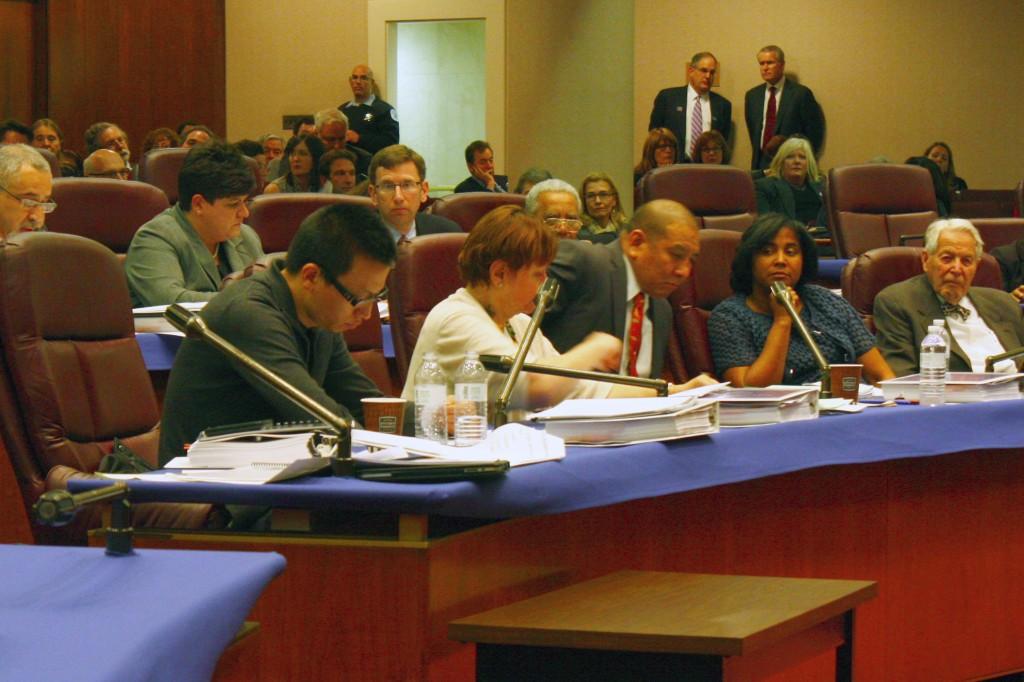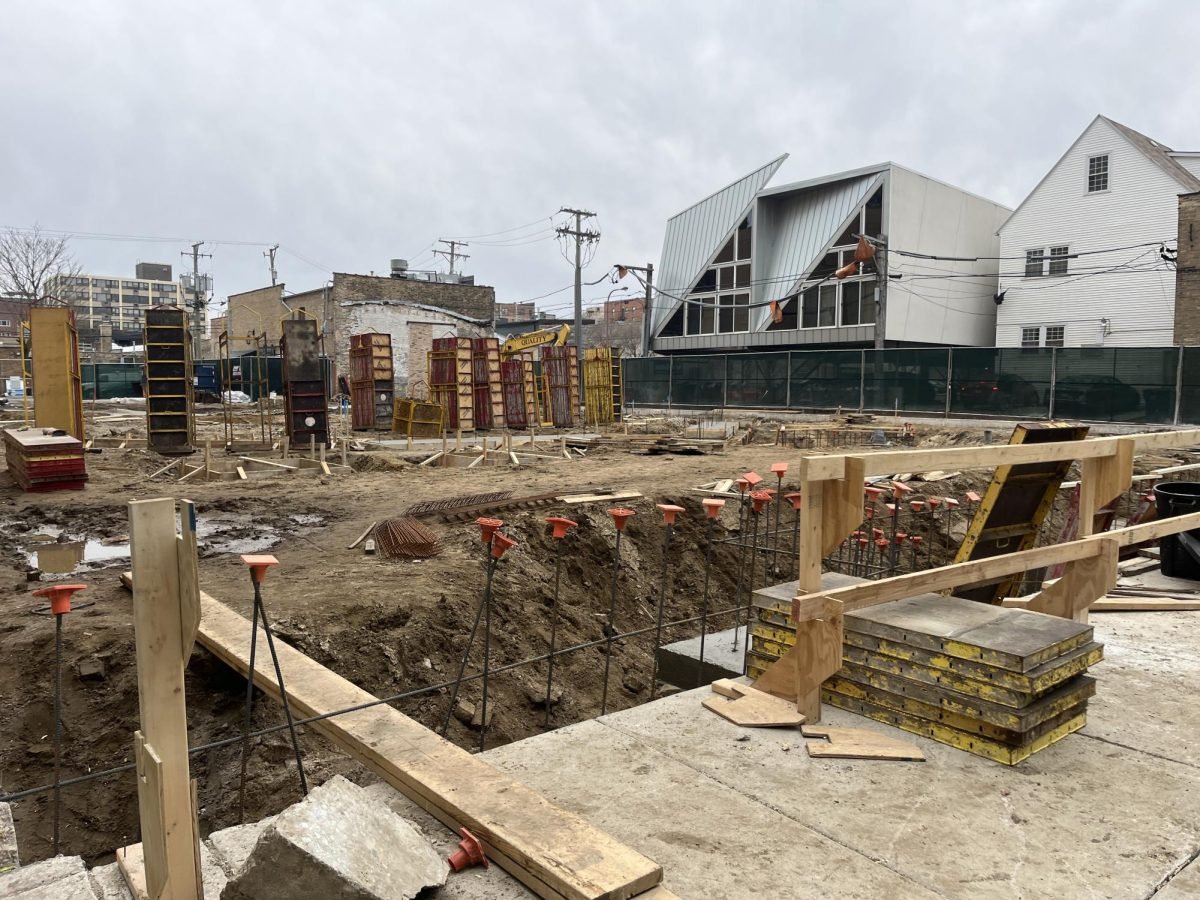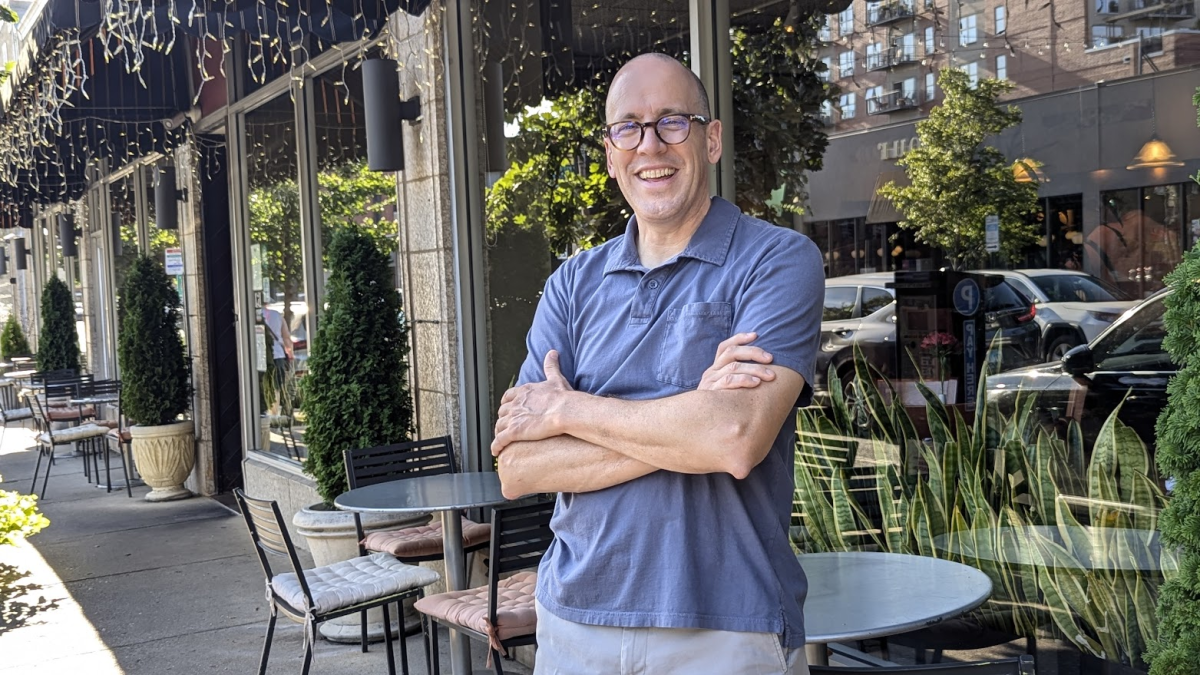CHICAGO — The Commission on Chicago Landmarks voted 8-1 on Thursday to reject landmark status for the old Prentice Women’s Hospital.
Northwestern owns the site and can now move forward with multi-million dollar plans to build a biomedical research facility there.
Commissioners arrived at this decision after staff recommended landmarking Prentice based on a set of specific architectural criteria. However, a report from the Department of Housing and Economic Development recommended against landmark status based on economic and humanitarian factors. Commissioner Christopher Reed dissented.
In his closing statement, commission chair Rafael Leon recognized the difficulty of making a decision that ultimately consigns Prentice to demolition.
“We recognize the importance of preserving Chicago’s buildings, and at the same time we also have an obligation to consider the consequences of landmarks designation,” Leon said. “To the preservation groups, I say yes, preserving buildings is of most importance to the commission and to the city, but remember that just because a building meets the designation criteria, it does not warrant automatic designation as a landmark.”
The ruling in favor of NU deals a debilitating blow to preservationists who hoped to protect the Bertrand Goldberg-designed building. NU officials, however, are thrilled with the results.
“It’s a very serious process, a very participatory process,” said Eugene Sunshine, NU vice president for business and finance. “It’s what we expected. And we hoped at the end of the day that they would vote the way they voted, and we’re very, very pleased and excited.”
Most people attending Thursday’s meeting opposed NU’s plans and spoke at length about how Prentice meets four of the seven architectural criteria for landmarking when the status only calls for two. They also emphasized NU’s unwillingness to seriously entertain the possibility of re-appropriating the existing building for other uses.
In their presentation to the commission, Sunshine and Ron Nayler, NU vice president of facilities management, said Prentice stands in the way of NU’s vision for connecting its campus buildings on a floor-by-floor basis to encourage interdisciplinary collaboration. Sunshine conclusively said the University’s desired research center cannot be constructed on any other site.
Christina Morris of the National Trust for Historic Preservation spoke of the preservationist community’s disheartenment after the vote.
“I think we put up a very good fight and we’re of course disappointed with the outcome of the decision,” Morris said. “We felt like the commission very much made the right decision in choosing to landmark the building and the evidence was overwhelming. It’s just very unfortunate that they adopted this really unusual and unprecedented process to rescind that decision.”
Another complaint repeated by preservationists was that the commission’s procedure to preliminarily approve landmark status for Prentice and then immediately rescind it the same evening was disingenuous to their cause. However, commissioners maintain the process is determined by the landmarks ordinance and has been public from the beginning of debates.
“(The preservationists) are passionate about what they feel and believe, so I have a lot of respect for them,” Sunshine said of the Save Prentice Coalition. “To some extent, there’s no right or wrong. There are rights, and we’ve always argued that our position represented a greater right.”
The University’s plans to seek a demolition permit from the city of Chicago. Floor-by-floor demolition of Prentice will occur over the course of several months.



















